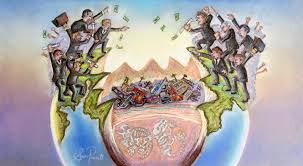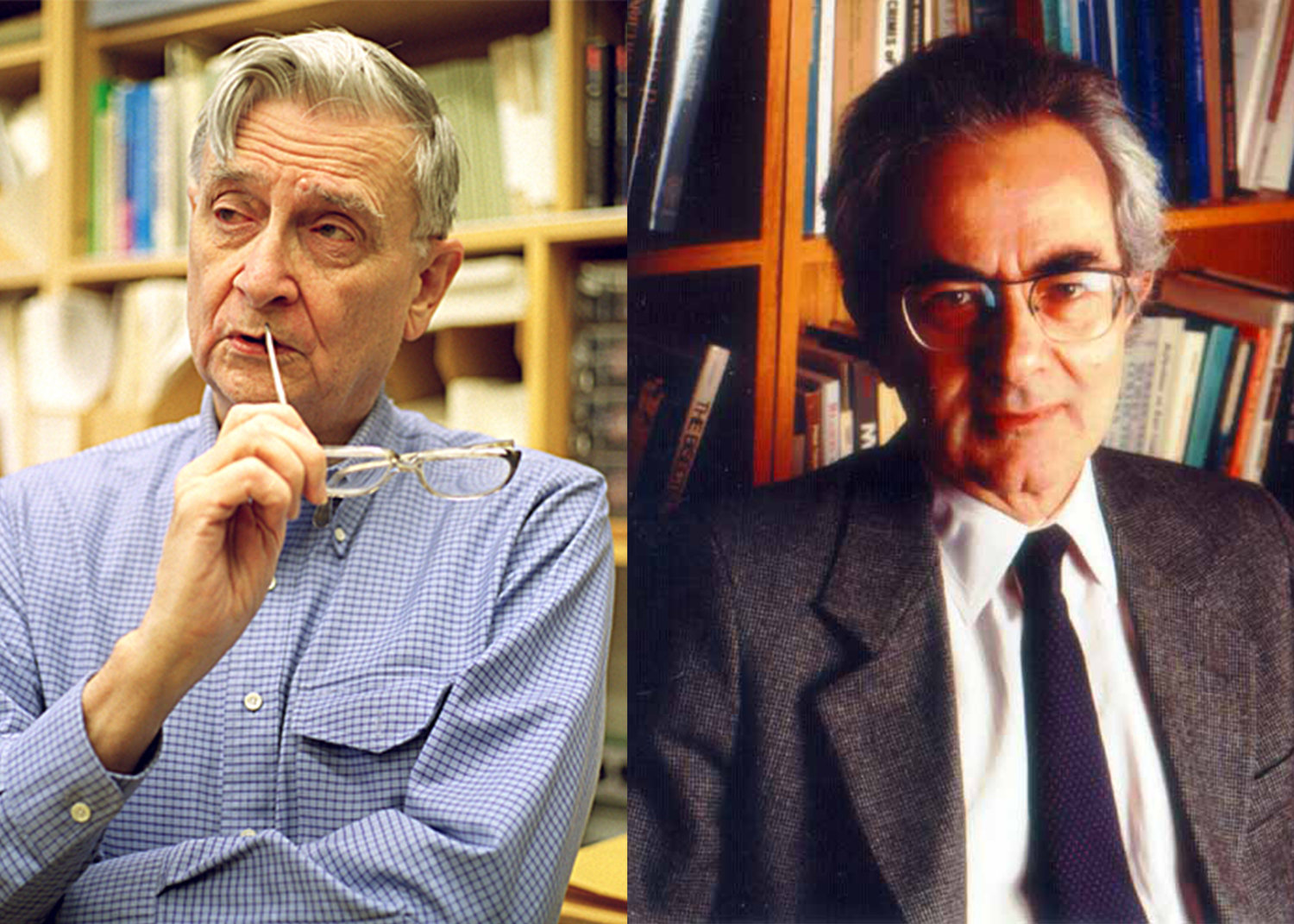

Scientists have identified Crawford Lake in Canada as a site providing evidence for the beginning of the Anthropocene age. The Anthropocene Working Group (AWG) has selected this lake, located in Ontario, from a list of potential sites to measure and observe the impacts of human activity on the environment.
The sediment found at the bottom of Crawford Lake contains microplastics, residues from burned oil and coal, and detritus from nuclear bombs. This sediment showcases a "golden spike," symbolizing a sudden and irreversible shift in Earth's conditions, according to the scientists.
Andy Cundy, a professor at the University of Southampton and a member of the working group, stated that the data demonstrates a clear departure from the mid-20th century, surpassing the normal boundaries of the Holocene epoch, which began approximately 11,700 years ago after the last ice age. Simon Turner, chair of the AWG and a professor at University College London, emphasized the lake's sediment as an exceptional record of environmental changes over the past centuries.
Although the Anthropocene epoch has not yet been formally recognized by the International Commission on Stratigraphy, the working group plans to present their findings to gain official recognition. There have been debates within the scientific community regarding the beginning of this period and the required evidence to support its existence.
Colin Waters, chair of the AWG, expressed that the changes observed over the past 70 years are substantial enough to acknowledge the onset of the Anthropocene era, characterized by rapid and precise transformations that prevent a return to the Holocene state. The Holocene era denoted the transition from the last Ice Age, while the term Anthropocene reflects the significant influence of human activity on Earth's systems.
ALSO READ:

The Anthropocene is a proposed geological epoch that marks the current era in which human activity has become the dominant influence on Earth's ecosystems and geological processes. It is characterized by the significant impact humans have had on the planet's climate, biodiversity, land use, and other natural systems. The term "Anthropocene" combines "anthropo-" (meaning "human") with "-cene" (referring to a geological time period).
The concept suggests that human activities, such as industrialization, urbanization, deforestation, and the release of greenhouse gases, have caused profound and lasting changes to the Earth's systems, setting it apart from previous epochs. While the Anthropocene is still a subject of scientific debate and not yet formally recognized as a geological epoch, it serves as a framework for understanding the complex relationship between human society and the environment.

The term "Anthropocene" was coined by Nobel laureate Paul J. Crutzen, a Dutch atmospheric chemist, and his colleague Eugene F. Stoermer, an American biologist. They first used the term in an article published in the newsletter of the International Geosphere-Biosphere Programme in the year 2000.
Crutzen and Stoermer proposed the term to highlight the significant and lasting impact of human activities on Earth's systems and to distinguish this new epoch from the preceding Holocene epoch. Since then, the concept of the Anthropocene has gained attention and sparked extensive scientific and interdisciplinary discussions.